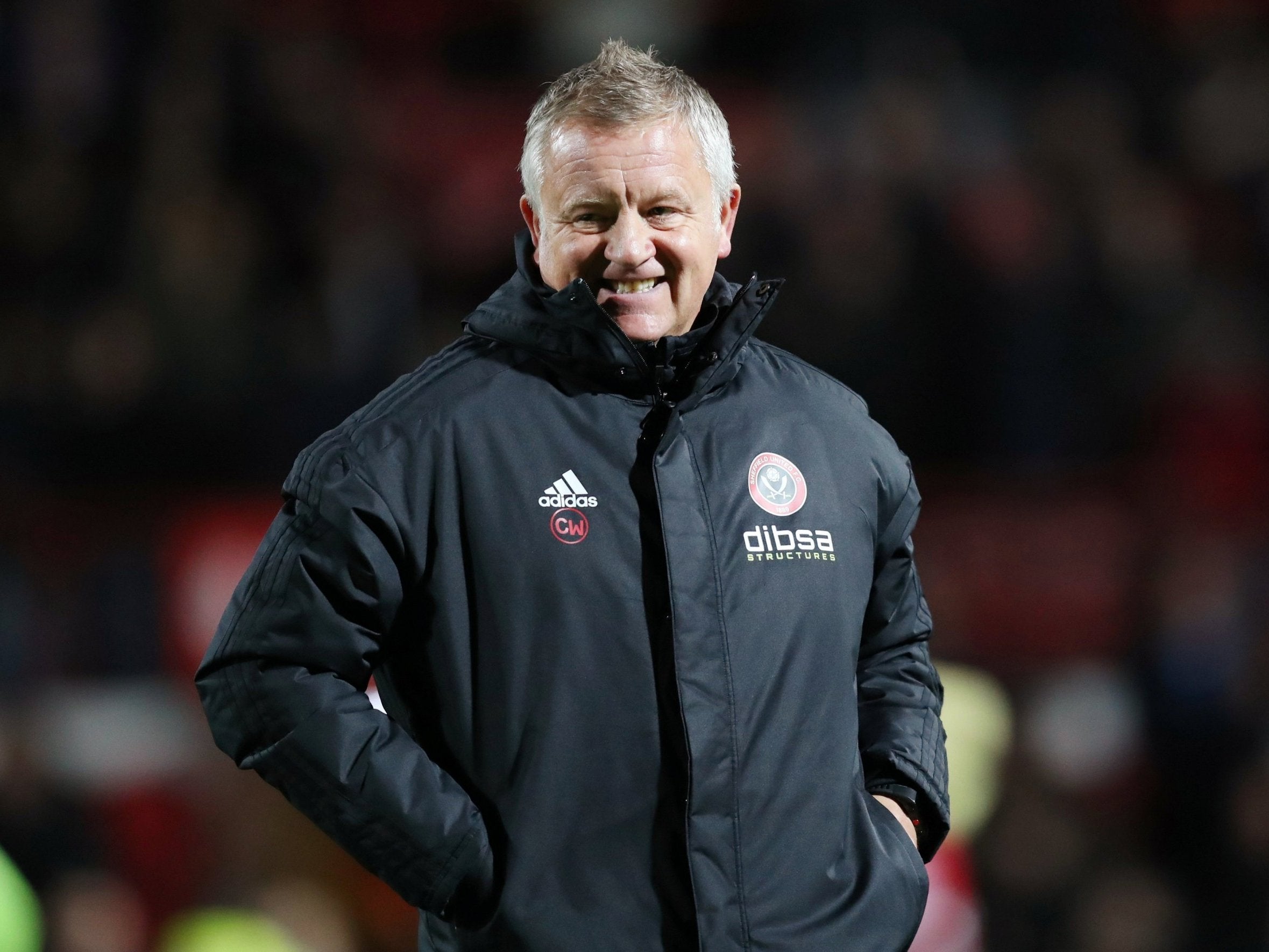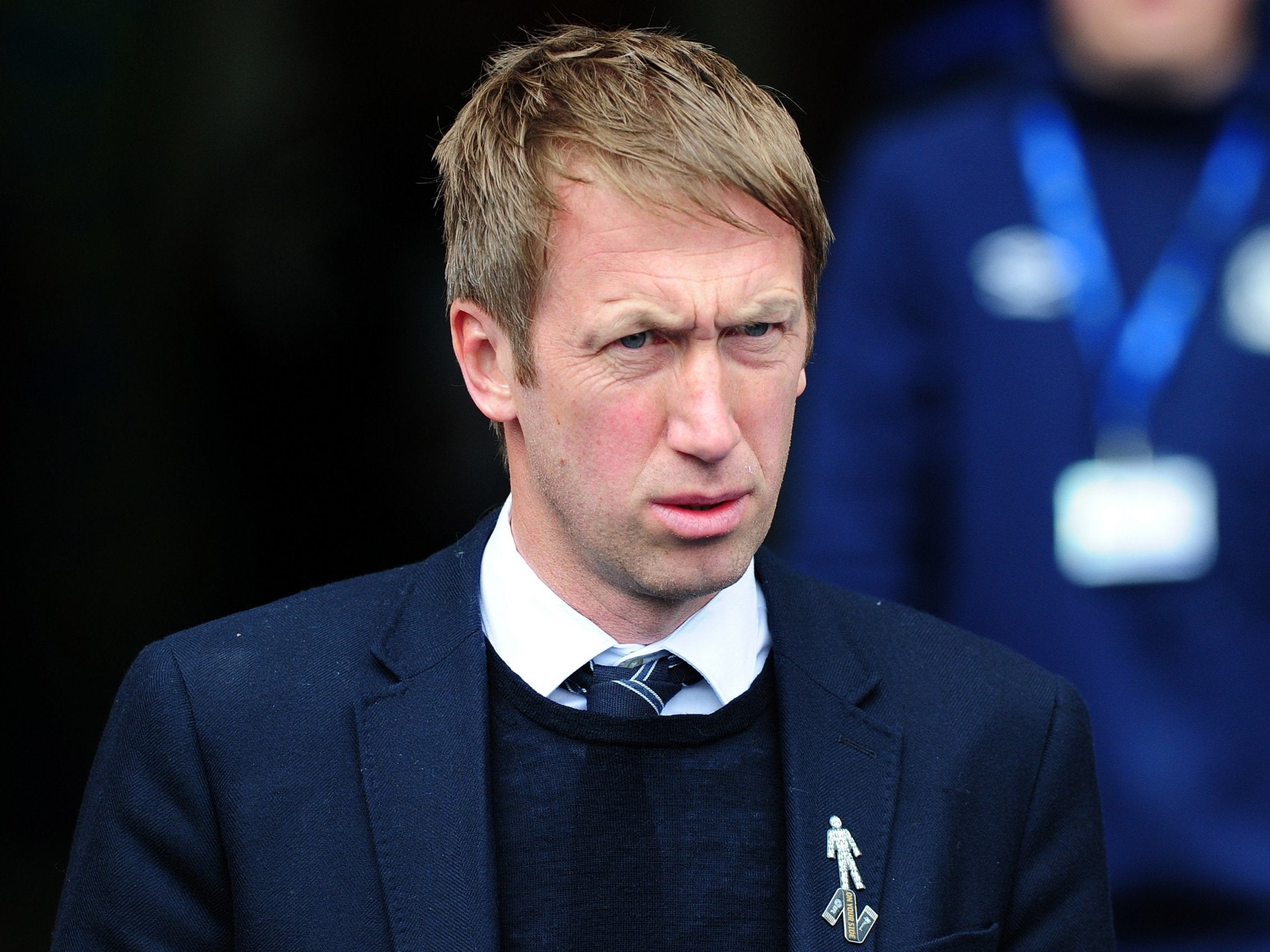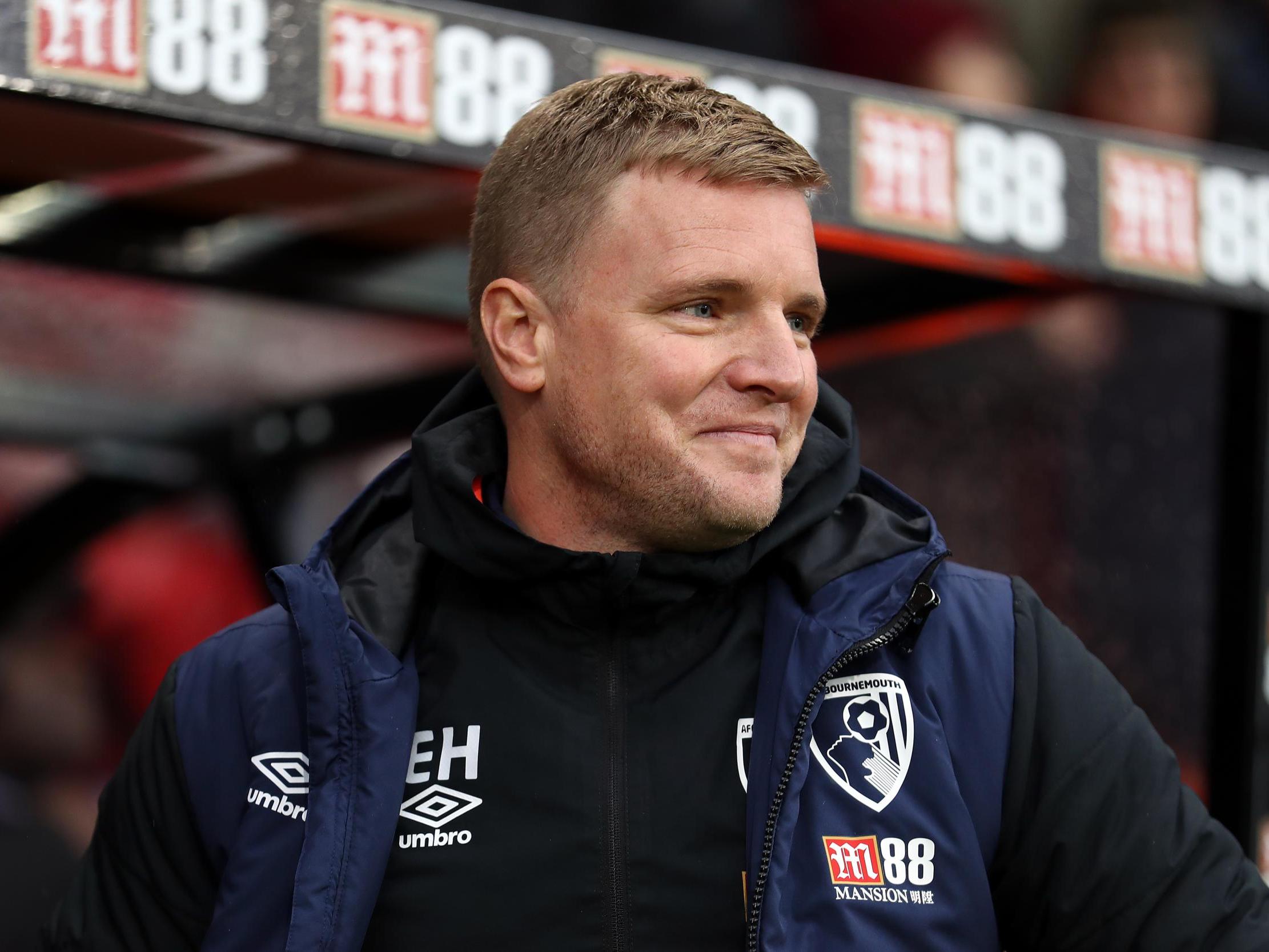How an innovative group of English managers have adapted to the Premier League’s new identity
There are eight English managers taking charge of Premier League sides this season with the old boys carousel finally breaking
One of the more endearing stories about Chris Wilder comes from shortly after his Sheffield United side secured promotion in spring, when he was organising a night out to celebrate. Joking about the improved level of service his party could receive, he so innocently quipped - in that gruff accent - “we’re Premier League now!”
So are more English managers than at any point since 2014-15. That season aside, it actually stands at the highest number in a decade.
There are currently eight full-time English managers in the Premier League, with Leicester City’s Brendan Rodgers making it a total of nine from Britain - even if he might identify as Irish. That would especially please Wilder, too, since he is known to have gone on monologues about how English clubs should trust more managers from their own countries.
That is evidently happening, but what is particularly notable about it is that this only the case because of a clear evolution in coaches. Many of them are not just “Premier League” but very “2019-20 Premier League”.
This certainly isn’t the old-boy carousel that saw managers like Sam Allardyce and Mark Hughes almost go around the same jobs, playing a more outdated style of football. The argument then was always that such an approach was more guaranteed to keep clubs in the Premier League, but the more reactive football required prevented those same clubs moving on. It is one major reason this is something so many current boardrooms have sought to move away from.
One English manager who was replaced on achieving promotion in the last few years privately told The Independent that virtually all clubs had been looking to “go foreign”, as much for the fashion as the football.
One long-established chief executive did offer more rationale to this, saying that the evidence was that the level of English coaches hadn’t yet sufficiently evolved. He cited it as one reason why homegrown graduates are not quite thrown into the first team as readily.
“The problem is not English players, but the coaching,” the official said. “It hasn’t jumped at the same level.”
It is why there just hasn’t been as many English coaches at the top-level in recent years. But this is also why we may now be seeing the first strides before that jump.

The hugely disparate backgrounds of the current group mean it would be a mistake to say they mark a completely new generation.
Newcastle United’s Steve Bruce is very much of the Allardyce generation, and maybe even the one before that. Crystal Palace’s Roy Hodgson may well belong to two before that.
Bournemouth’s Eddie Howe has meanwhile been the face of a new generation for so long it’s become somewhat old hat, as well as making him an established Premier League presence with Sean Dyche.
Wilder and his assistant Alan Knill are described by those who know them as “very lower league”, where Aston Villa’s Dean Smith also made his name. Against that, one reason that Frank Lampard has a job at Chelsea at all is because he is so recently a top-level Champions League player for them, while Graham Potter had to go abroad to Sweden.

What links many of them beyond their nationality and new status, however, is how they apply the newest ideas while often coming up with their own innovations.
The international influence has clearly sunk in, and gone deep, even if it has not yet become completely inherent to English coaching.
So much has been made of Wilder’s overlapping centre-backs, especially since so little has yet been done about them by opposition defences. They are already confounding Premier League backlines in the way they did the lower leagues. Whether that happens with Burnley will be indicative, since what Dyche does with his own defenders - and this idea of basing plays on blocking high-percentage shots - is close to unique.

Howe did watch Atletico Madrid training sessions for similar reasons during the summer, and he, Lampard, Potter and Smith are undeniably coaches who seek to play the most modern proactive styles. The latter two are similarly described by many who know them as the deepest thinkers in the game you can meet.
This is mostly a very forward-looking group, entirely in-keeping with the intent of so many Premier League clubs to build identities around proactive and modern football. That Brighton replaced Chris Hughton with Potter sums this up. They didn’t need to go searching for someone as accomplished as Ralph Hassenhuttl. They found him at home.
It points to how many clubs might start to do the same, even if this isn’t quite yet the start of a new generation.
Join our commenting forum
Join thought-provoking conversations, follow other Independent readers and see their replies
Comments
Bookmark popover
Removed from bookmarks